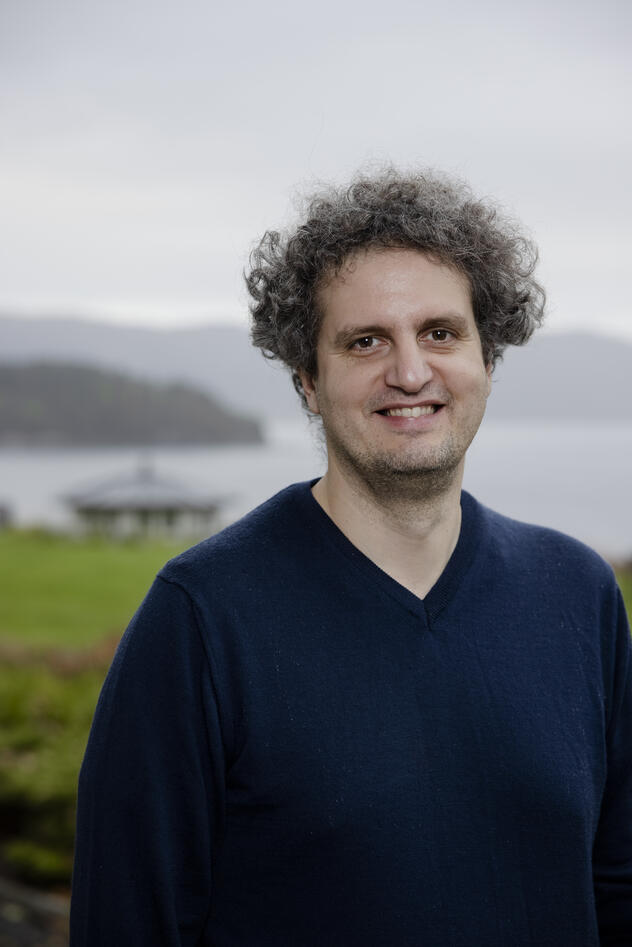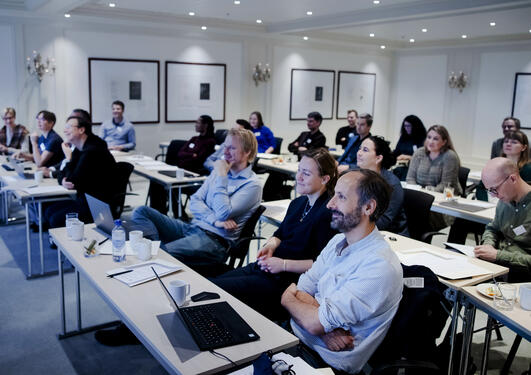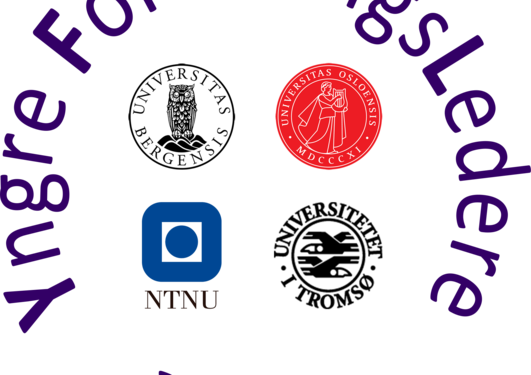Gabor Csifcsak
Gabor Csifcsak, førsteamanuensis, UiT Norges arktiske universitet
Hovedinnhold
- cognitive control
- decision-making
- mind wandering
- non-invasive brain stimulation
Research interests: I am interested in how cognitive control is implemented in the brain to maintain the focus of attention, optimize executive performance, and to regulate emotional biases in choice behavior. We conduct studies involving healthy adults, and use non-invasive brain stimulation (NIBS) techniques such as transcranial direct current stimulation (tDCS) and repetitive transcranial magnetic stimulation (rTMS) to perturb neural mechanisms associated with various cognitive processes. We implement computational modeling to analyze data from task performance, electroencephalography (EEG), pupillometry and/or functional magnetic imaging (fMRI) to identify behavioral and neural correlates of value-based decision-making, reward sensitivity & loss aversion, evaluation of outcome controllability, executive performance, sustained attention, and transitions between “on-task” and “off-task” states, the latter being often regarded as “mind wandering”.
In the context of decision-making, we are developing laboratory models underlying maladaptive choice behavior under reduced reward/punishment controllability and/or experimental thermal pain. Hopefully, such models can help us delineate behavioral and neural features of learned helplessness in various clinical conditions (e.g., major depressive disorder, chronic pain). In addition, we implement NIBS protocols to the prefrontal cortex to facilitate resilience against the deleterious effects of diminished outcome controllability and/or painful stimulation, and to optimize emotional biases in decision-making.
The other line of research concerns how the executive system of the brain is involved in regulating mind wandering during demanding cognitive tasks. The effect of partial sleep deprivation on executive performance, mind wandering propensity, and associated EEG signatures are of particular interest in our laboratory. We also apply NIBS to the prefrontal and parietal cortex to improve attentional focus, and to reduce the frequency of mind wandering episodes. In the future, our plan is to extent this line of research to patients with attention deficit/hyperactivity disorder (ADHD), with the aim to ameliorate their cognitive symptoms via NIBS.
Contact information:
Email: gabor.csifcsak@uit.no


